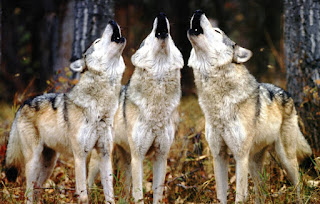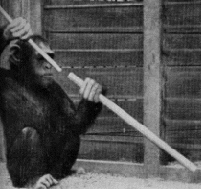Scientists in animal behaviour - week 10

Your final week looking at animal behaviour. Hopefully, you have enjoyed looking at some of the basics and a few of the most famous studies related to this field. We've barely scratched the surface! This final week is going to ask you to reflect on the previous weeks but also consider some other thoughts. Firstly, we have only looked at male scientists in the field of animal behaviour. Most of the big studies that laid the framework for others came at a period of history when there were few women in science. There are, however, plenty of women working in this field - who are they? Secondly, do you think that by studying animals we can start to understand our own nature? Altruism and play are examples that are often used to suggest that we can, but other behaviours cannot be so easily linked. Finally, what other research do you see happening in this field? Why do you see a future there? Is there much more to be found out? The answer is that there is plenty more,...


